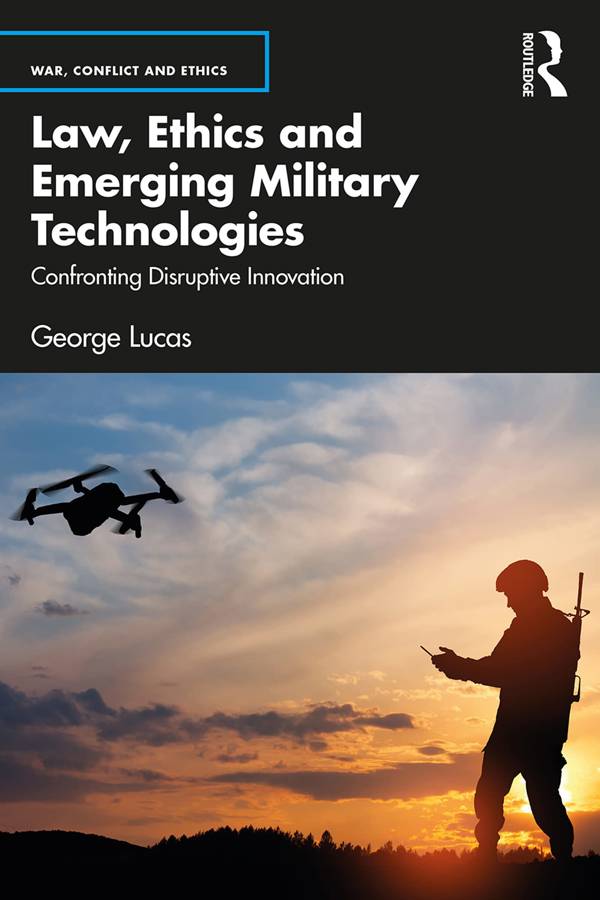Proverbial wisdom has it that law and morality always lag behind technological innovation. Hence, the book aims to identify, enumerate, and constructively address the problems of adequate governance for the development, deployment, and eventual uses of military technologies that have been newly introduced into military operations or which will be available in the near future. Proposals for modifications in governance, the book argues, closely track the anxieties of many critics of these technologies to the extent that they will proliferate, prove destructive in unanticipated ways, and partially or wholly escape regulation under current treaties and regulatory regimes. In addition to such concerns in domestic and especially in international law, the book addresses ethical norms in the professions involved in the design and eventual use of specific technologies, principally involving the professional norms of practice in engineering and the military (as well as biomedical and health care practice), which impose moral obligations on their members to avoid reckless endangerment or criminal negligence in the course of their activities. Thus, in addition to exploring the application of existing legal regimes and moral norms, the book examines how these professions might develop or improve the voluntary constraints on forms of malfeasance that are enshrined in their histories and codes of best practices.
Lucas, George (2023) Law, Ethics and Emerging Military Technologies. New York: Routledge. War, Conflict and Ethics.






